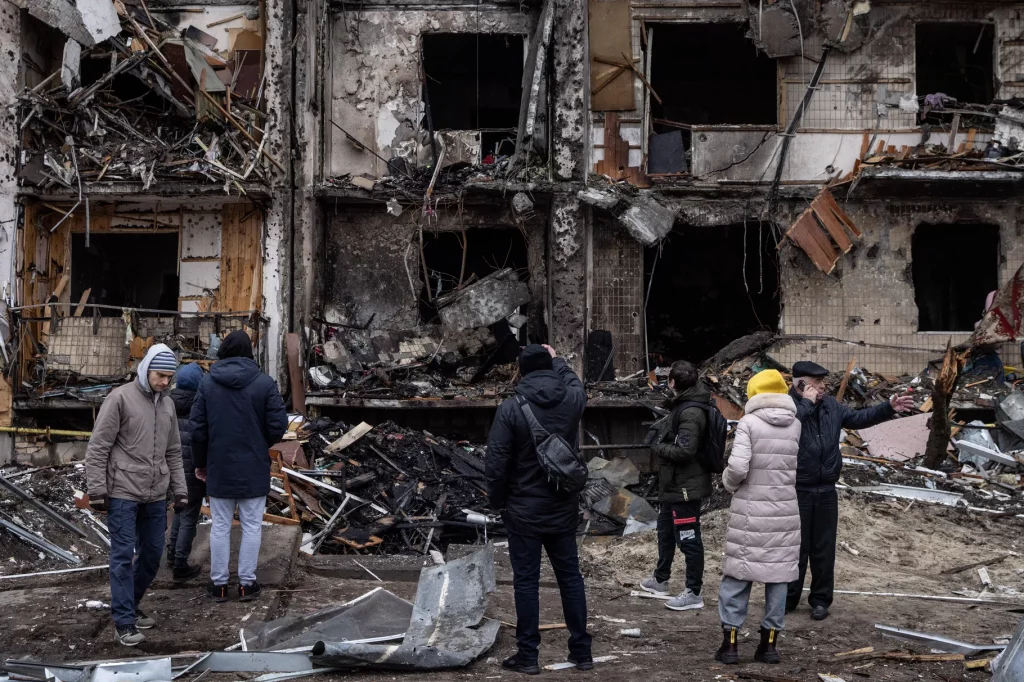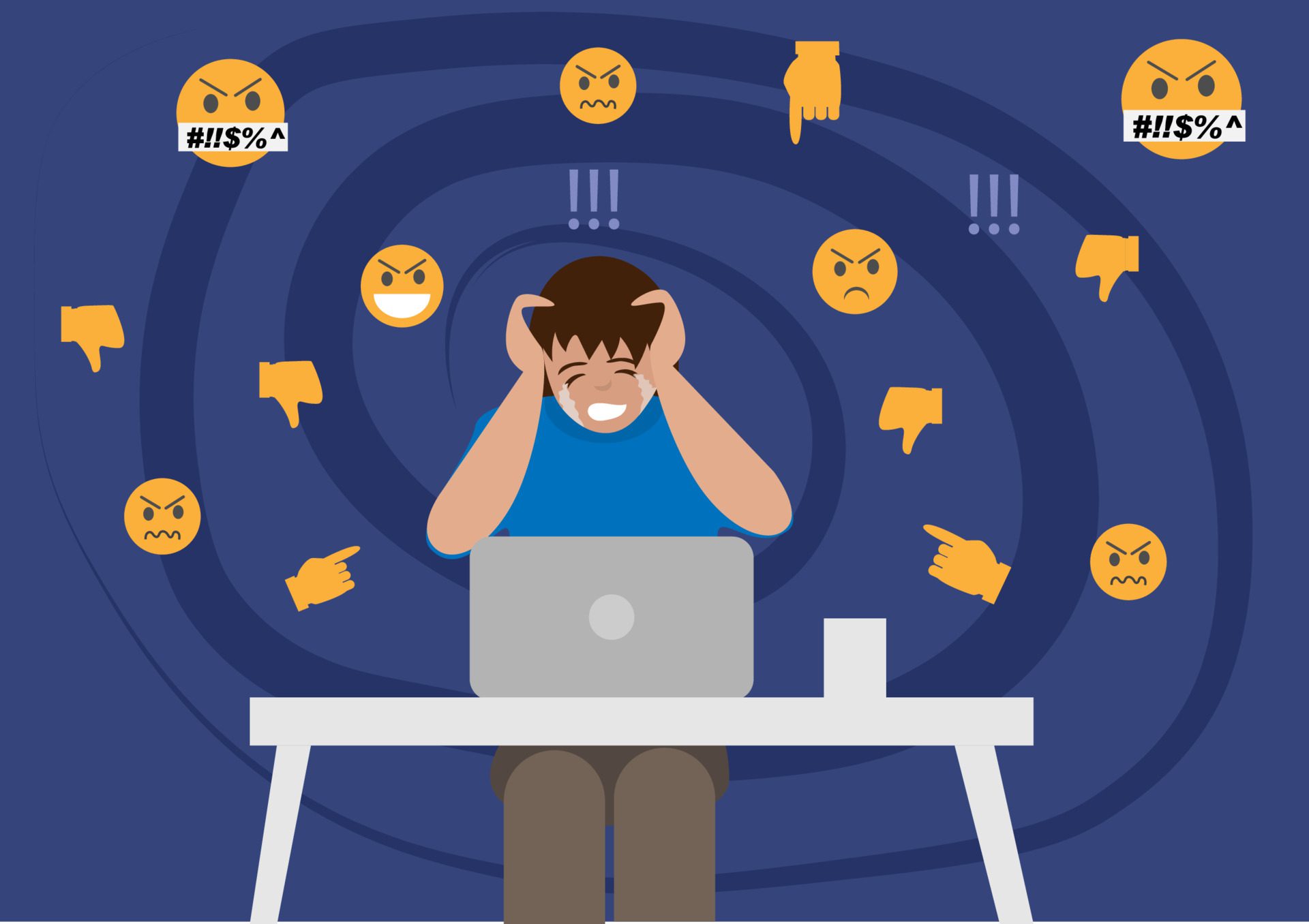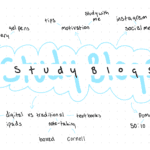Generation Black TV - Live
A Gen Z Reaction to a Boomer War
Gen Z, Desensitisation and the Reaction to War
By Natalie HawkinsGen Z, a generation raised on first-person shooters and the internet. How can we forget the internet, with all its openness and easy access to red rooms on the dark web, porn hub stashed on the private browser and Jihadi John beheading videos on YouTube? It’s evident that we as a generation have become desensitised to the harsh realities of life and deal with everything we find off-putting through an absence of therapy and a presence of meme culture. So, how desensitised have we actually become? And, how far does our knowledge on the pending war go?
I ventured out to ask these questions with a set of gen z interviewees, gauging this with three simple questions: What do you know about the conflict in Ukraine? What are your thoughts on it? And, are you worried about your loved ones?

The War in Ukraine © Chris McGrath
Gen Z Interview One:
“Hi, thank you for sitting down with me today and answering these questions. Firstly, what do you know of the current conflict happening in Ukraine?”
“Not much”
“What are your thoughts on it??
“Sad”
“Are you worried at all about your loved ones?”
-‘No’
This member of Gen Z appeared calm, their tone overall relaxed and nonchalant.
Gen Z Interview Two:
“Hi, I really appreciate you talking with me on this, my first question is, what do you know of the current conflict happening in Ukraine?”
“Not much really, I do know that Russia is bombing Ukraine and Poland is helping with supplies and people aren’t being allowed to escape”
“What are your thoughts on it?”
“I don’t know it hasn’t really hit here”
“Are you worried at all about your loved ones?”
“No”
Like the last interviewee, there seems to be a lack of alarm and the body language reads calm, cool and collected dare I say.
Gen Z Interview Three:
“Hi, thank you for giving me some of your time to discuss this. First up, what do you know about the current conflict happening in Ukraine?’
“I know that he is ill for sure. I read this article on Snapchat that says he has a puffy face and a puffy neck and that it’s signs of taking steroids. He’s messed up the Russian economy and for him, it’s either Russia rules or Russia dies.”
“Okay, that is a take I for sure haven’t heard yet. Interesting. Secondly, what are your thoughts on it?”
“I’m worried about food prices here, he’s just making irrational decisions and it just feels rushed. All these people are dying, for what?”
“Are you worried about your loved ones and their safety?”
“I’m worried about the food prices going up, but I don’t think war is going to start. I feel like the whole world is getting Russia, heavily sanctioning them and they’re running out of fuel.”
These answers are illustrious of the desensitisation of generation Z. The disconnectedness of the first interviewee speaks a thousand sad words. The second responder’s absence of thought towards the situation as it has failed to hit here is depictive of a disconnect from international affairs because soldiers have yet to march upon our British ground. Gen Z’s discourse on Putin’s puffy neck and steroid taking all the while interesting is dismaying, as quickly accessible articles on social media platforms have neglected real lives, real fear and real hunger on the basis of bench-pressing substances. These answers provide the image that amid possible worldwide conflict, desensitisation breeds privilege, a privilege to discuss food prices, a privilege to not care and if so, not care too much until the air raid sirens sound.

The war in Ukraine © Reuters
Baby Boomer Interview One:
‘Thank you for sitting down to talk about this. Firstly, I want to ask you, what do you know of the current conflict happening in Ukraine?”
“No worries, what I know is NATO is expanding east. Ukraine formerly was a part of Russia before the fall of the Soviet Union in 1981. I believe a treaty was signed between Ukraine, the US and the UK with the superpowers promising protection for Ukraine if they were to rid themselves of nuclear weapons. Russia also warned that Ukraine wasn’t to be involved in NATO or the EU. Russia believes that if Ukraine is to gain better connections with the West, they are bound to pay the price.”
“Alright great, so what are your thoughts on it?”
“They should deal with this diplomatically, they should all come to a compromise.”
“Final question, are you at all worried about your loved ones?”
“At the moment no, but anything can happen. Russia has missiles that can reach here in 12 minutes and are in hold of many chemical weapons. Putin is a bully and will do anything to win.”
This response proves to be a lot more encapsulating and engaging than all the gen z responses. The respondent shows alarm and an avid interest in the discussion more so than anyone else interviewed. They also show an attached and aware response, and their answer alone speaks to the divide in knowledge and fear factor between the boomer generation and that of Generation Z.
The Verdict:
From all given material allotted in this article, Gen Z appears to be distanced from the reality of war and its repercussions. The reasons are various for this but even with conflict so close to home and the new climate of advanced chemical weapons and missiles that allow for a distanced but still deadly warfare, gen Z-ers priorities still stay within the frame of day-to-day functions. I don’t think the actuality of war will kick in for many until we see foreign troops parading past Tesco express.


